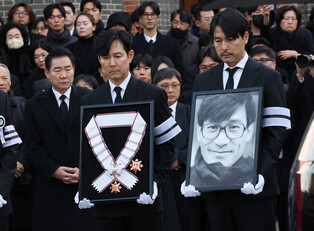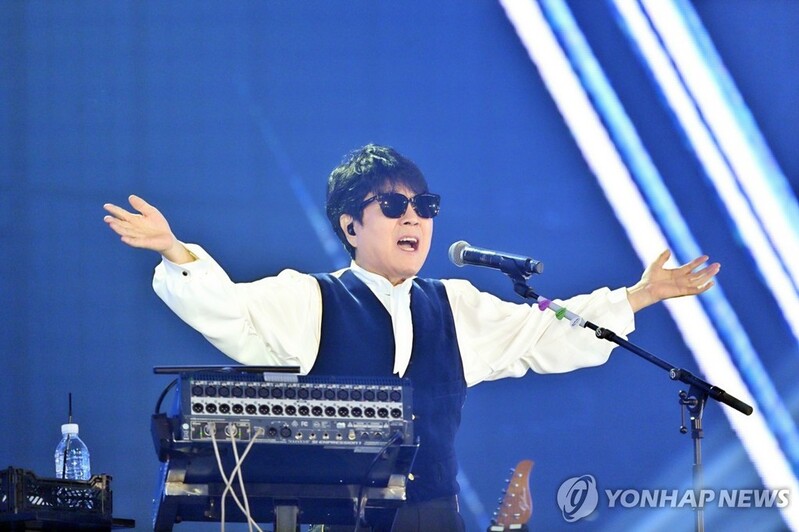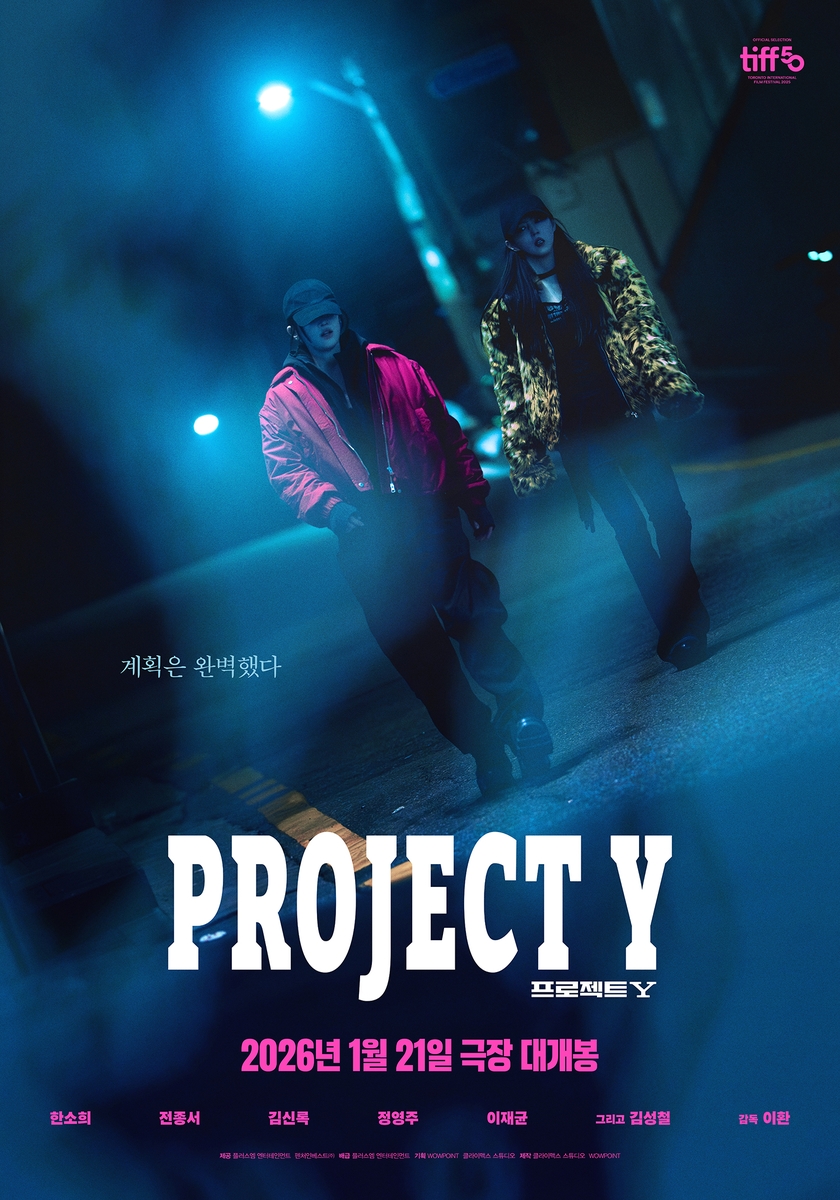 |
| ▲ Students attending a Korean language course at the King Sejong Institute center in Gaborone, Botswana, talk about the global popularity of Korean pop culture, in this file photo taken May 14, 2024. (Yonhap) |
govt-King Sejong Institute
S. Korea to launch AI-based King Sejong Institute platform by 2027
SEOUL, Aug. 22 (Yonhap) -- South Korea will launch a generative AI-powered online platform by 2027 to offer courses from its state-supported Korean language learning centers, to meet the growing demand for learning the language, the culture ministry said Thursday.
The Ministry of Culture, Sports and Tourism reported the plan to a government meeting presided over by Prime Minister Han Duck-soo as part of its broader 2024-2027 strategy to improve the King Sejong Institute.
The South Korean government has funded the language institute, named after the Joseon Dynasty (1392-1910) king who invented the Korean alphabet Hangeul, since 2007 to increase the world's awareness of the Korean language and culture.
The number of language centers has grown from 13 in three countries in 2007 to 256 in 88 countries this year amid rising demand for the language study driven by the global popularity of Korean pop culture.
Despite this expansion, approximately 15,000 students worldwide are still waiting for their turn to take courses, according to the ministry.
The ministry expects the new platform, tentatively named "i-Sejong Institute," to allow students to take lessons without time or location constraints.
Unlike existing online and mobile services offered by the institute, students will be able to interact in real-time with generative AI teachers on i-Sejong Institute, officials said.
Yong Ho-seong, the first vice culture minister, said at a press briefing Wednesday that given the current level of AI technology development, providing such service by 2027 is entirely feasible.
"The current AI technology is at a considerable level, so we will integrate it with the institute's curriculum, textbooks, and know-how," he said.
The four-year plan also includes using scientific data to determine where to open new language centers eligible for state support and what specialized programs tailored for local demands should be offered. Based on the data, the ministry plans to increase the number of language centers to 300 by 2027.
The government will also shift the support system from the current one centered on the King Sejong Institute Foundation under the culture ministry to a regional hub model by increasing the roles of hub centers in supporting smaller centers in their areas.
The number of test centers for the Sejong Korean Language Assessment, a practical Korean proficiency test focusing on the communicative skills of overseas Koreans and non-native Korean speakers, will be doubled to 100 by 2027 from 50 in 2023, the ministry said.
"Sejong Institute is not simply a place to learn language but a forward base of Korean Wave where people can experience diverse Korean culture through the Korean language and gain a deeper understanding of Korea as a country," Culture Minister Yu In-chon said in a press release. "With this innovation plan, we'll take the lead in widely spreading Korean language and its writing system throughout the world."
(END)
(C) Yonhap News Agency. All Rights Reserved























![[2026 성장전략] 정부, 중국서 한국영화 개봉·게임 판호발급 확대 힘쓴다](https://korean-vibe.com/news/data/20260109/yna1065624915977568_519_thum.jpg)